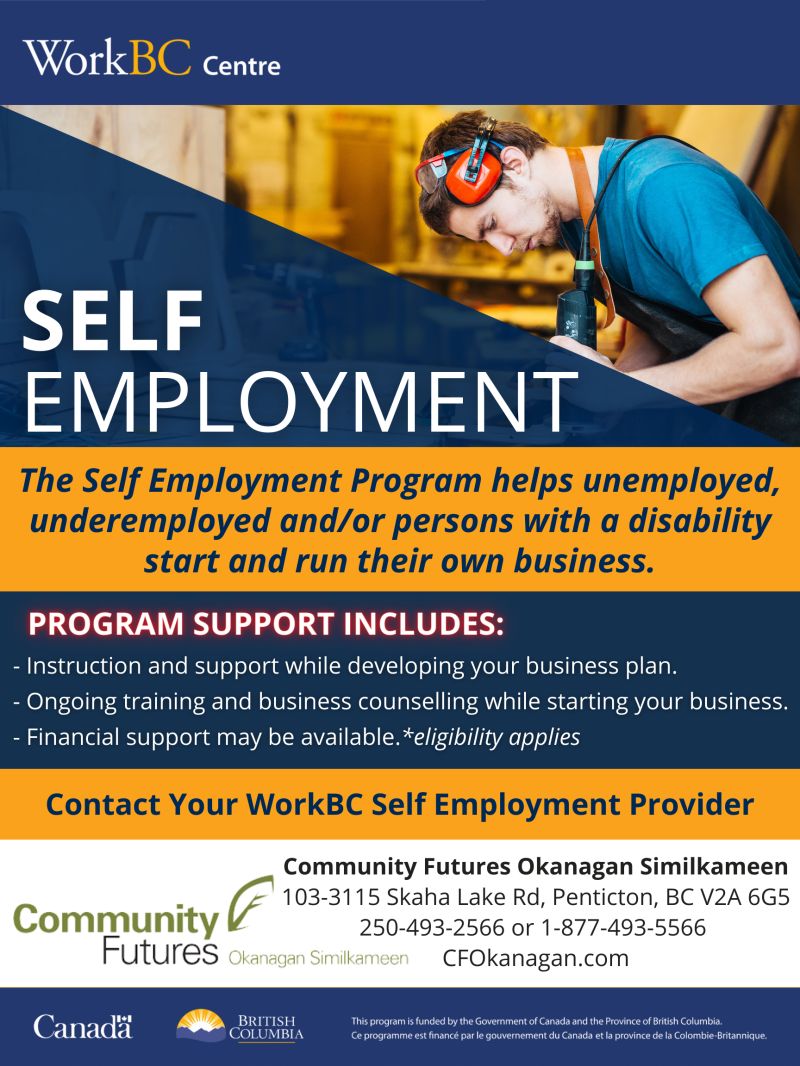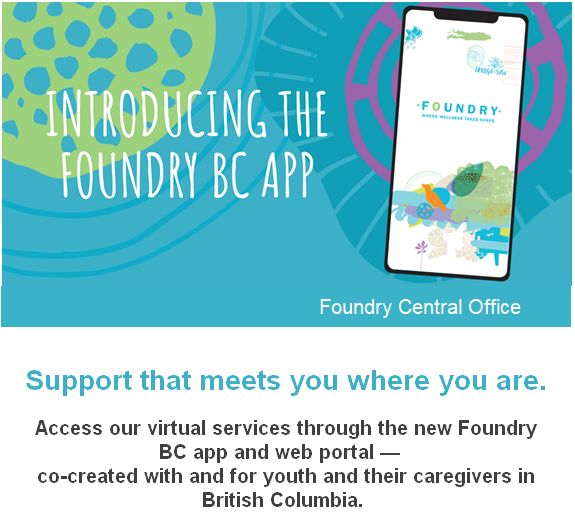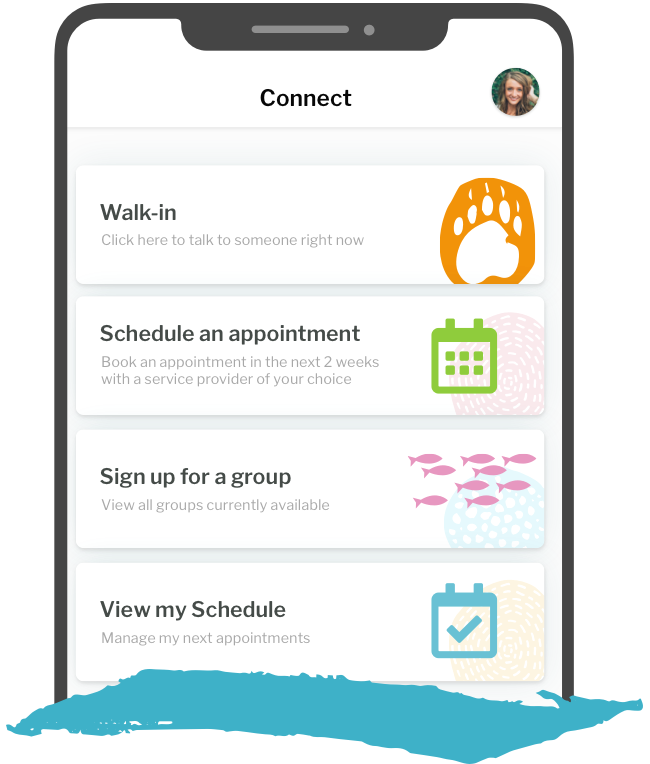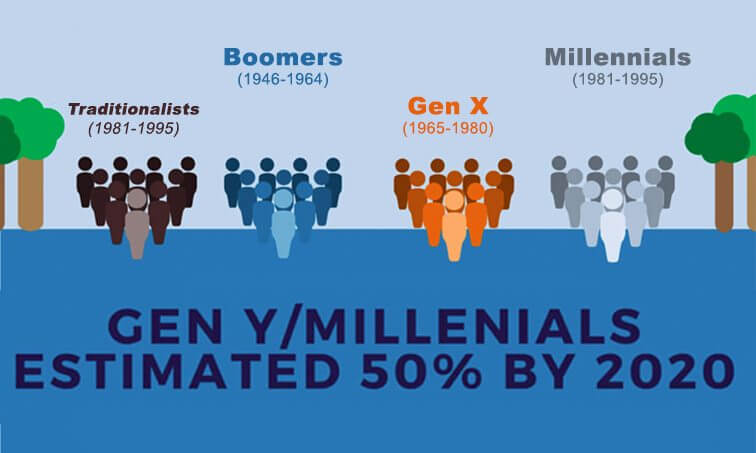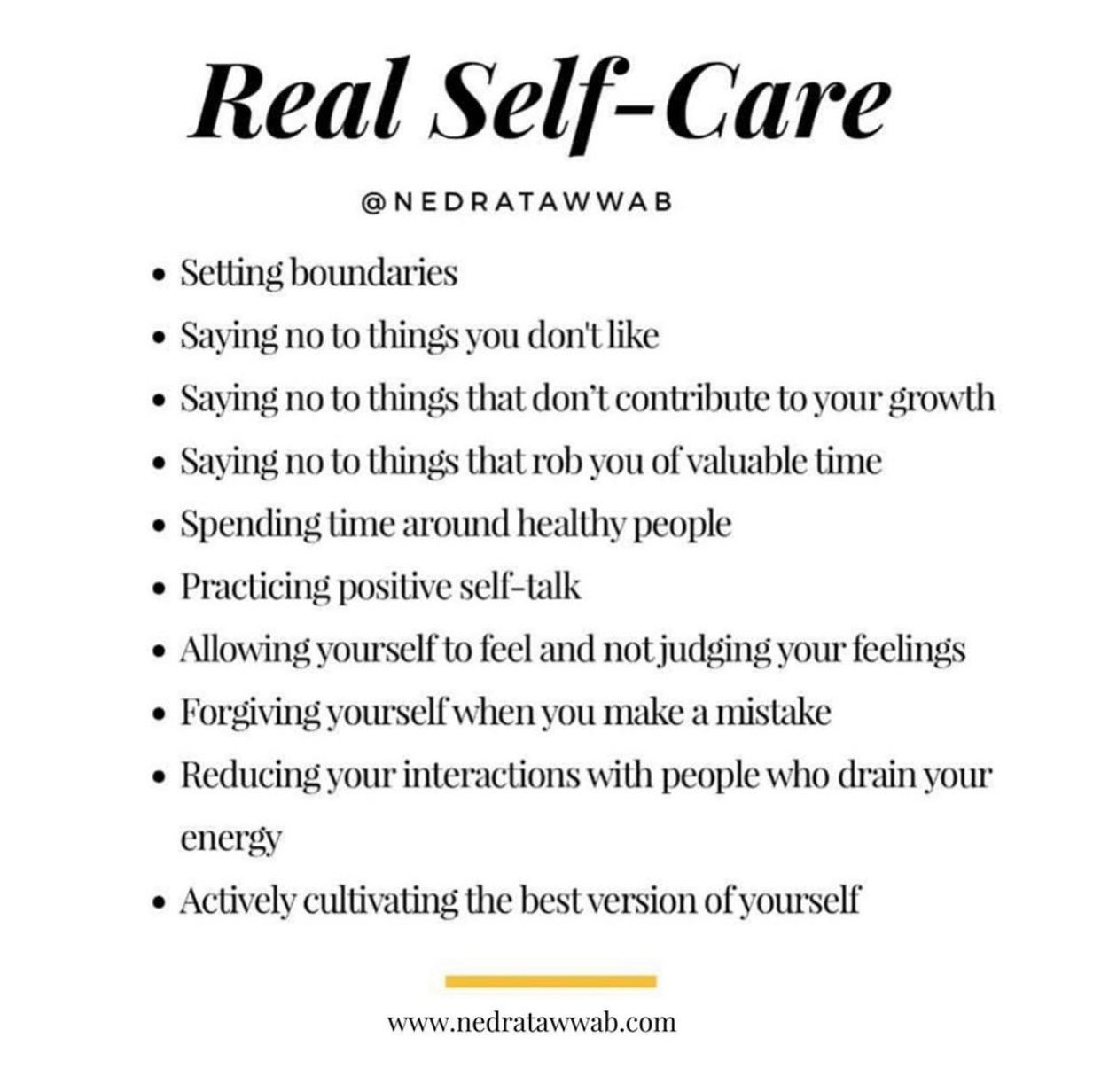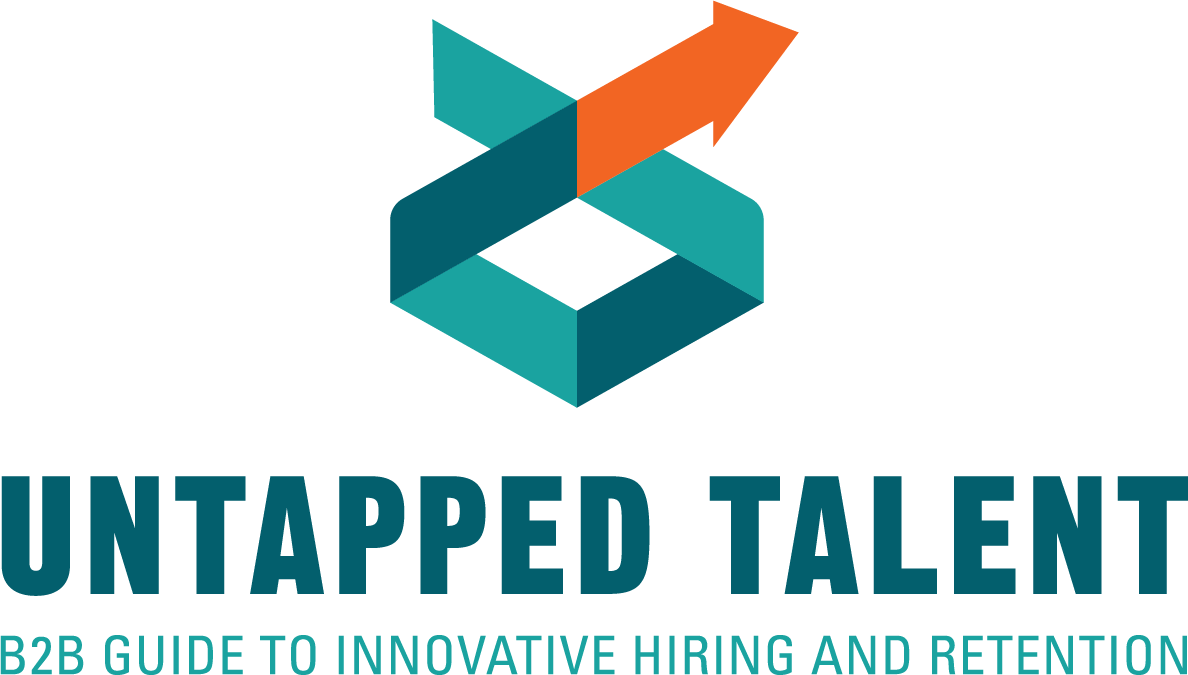
This ‘Business to Business’ guide offers inclusive workforce best practices distilled from decades of experience and expertise. It is a resource for employers on how to adapt recruitment and retention practices to better engage people with disabilities and others with barriers to employment, including success stories and valuable lessons learned by organizations that are already successfully employing inclusively.
The content for this guide was developed throughout 2019. The current situation most organizations find themselves in has since changed dramatically. Certain segments of the guide are likely to change as a result, especially data around workforce shortages. However, information on benefits to business and individuals, and inclusive recruitment and retention practices, remain as valuable as ever. This will become even more important as organizations resume business operations and plan to ramp-up employment again, post-COVID-19.
Bottom line: being a supportive employer and creating a caring,
respectful workplace culture has never been more important!
Click the trusted LINK below to download your guide today!!
Untapped-Talent_Supportive-Employers-Guide_03032020_WEBREADY-Accessible-FINAL-3





